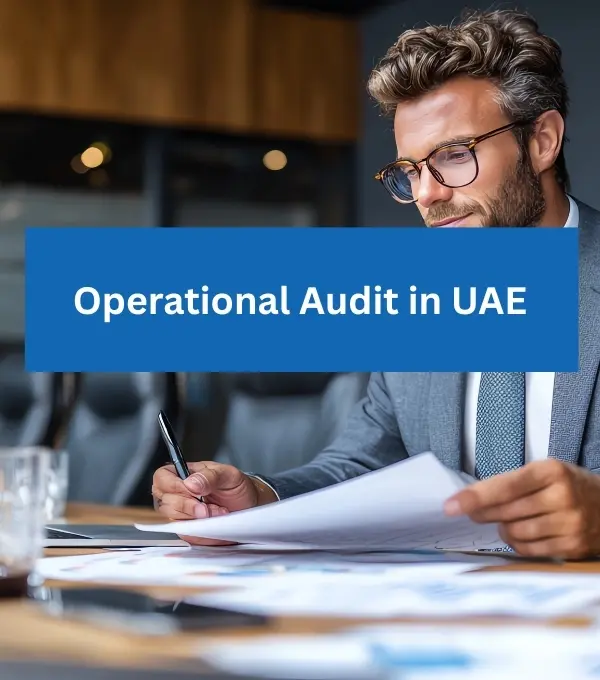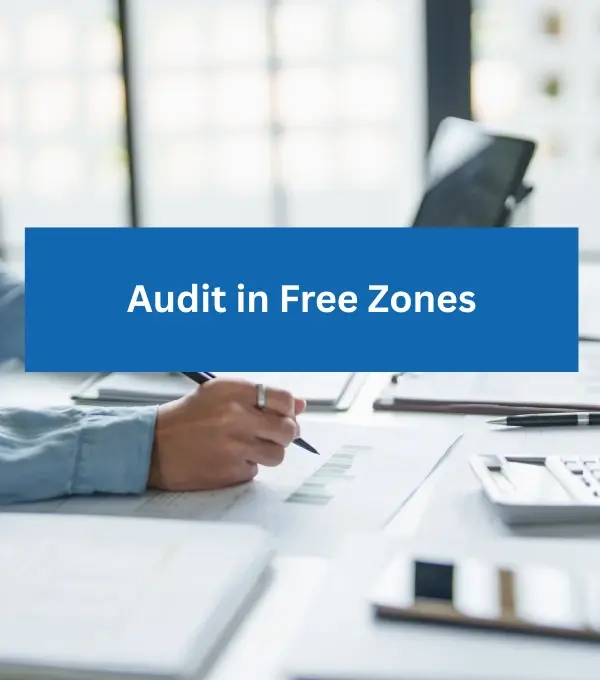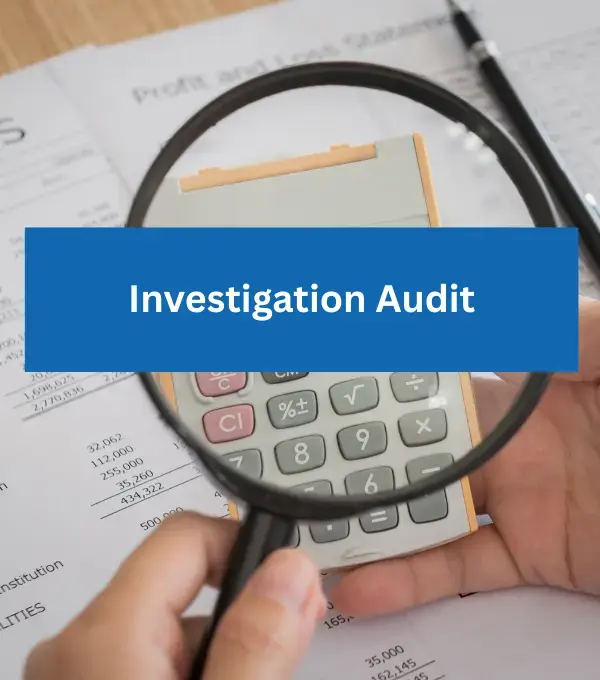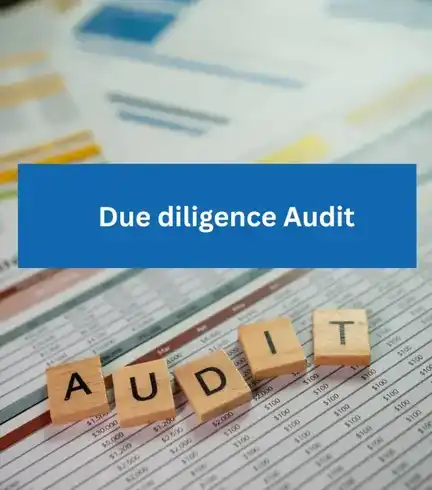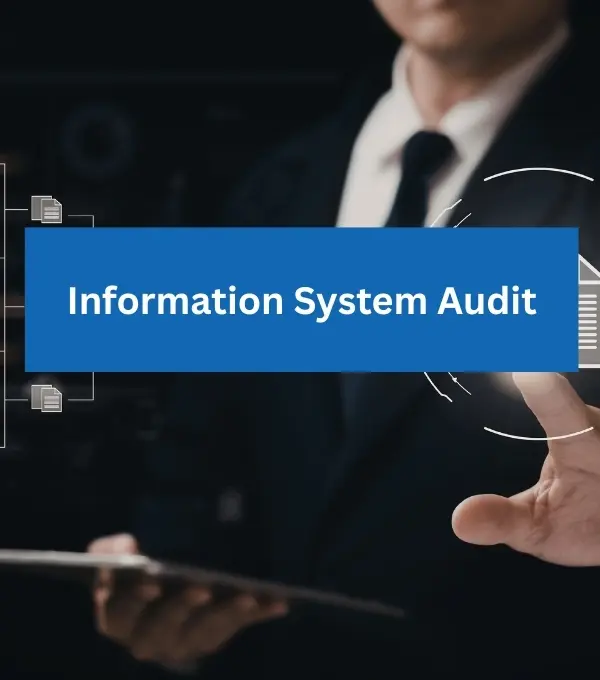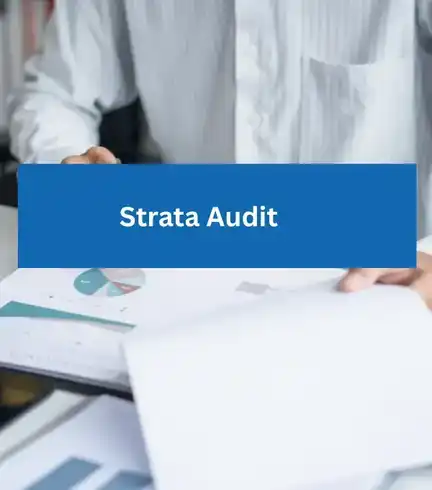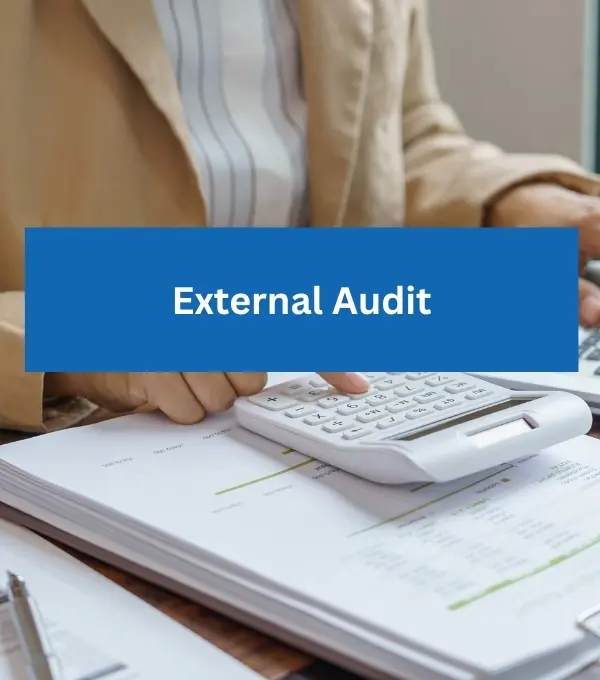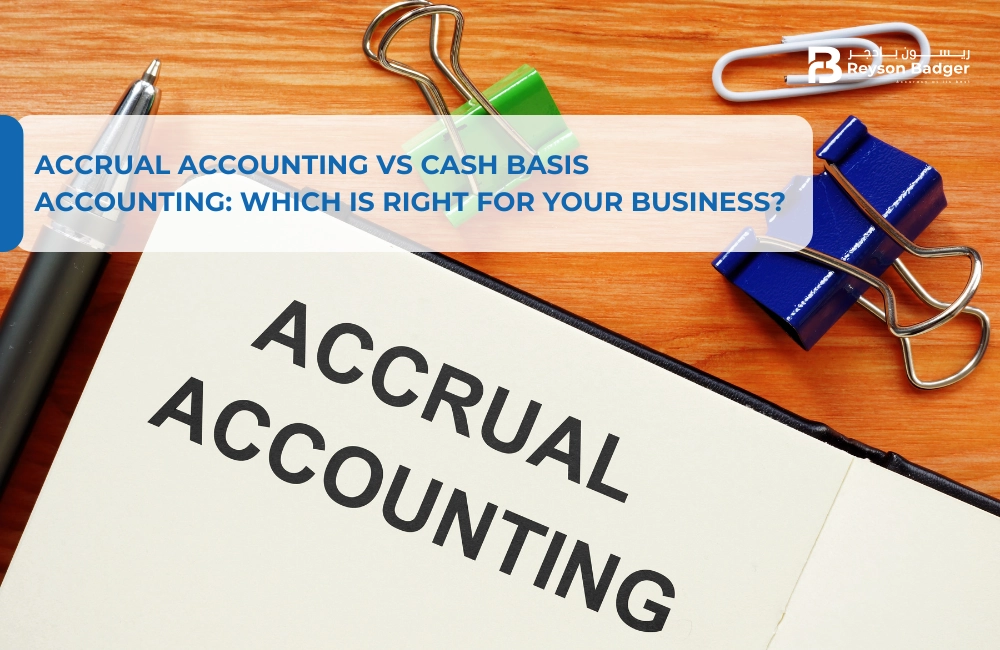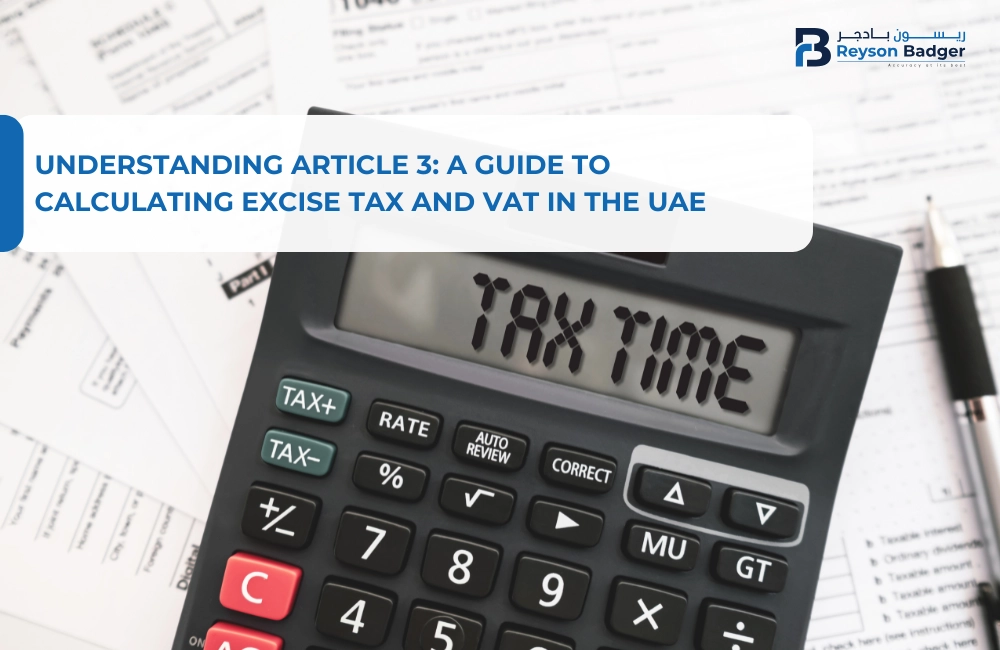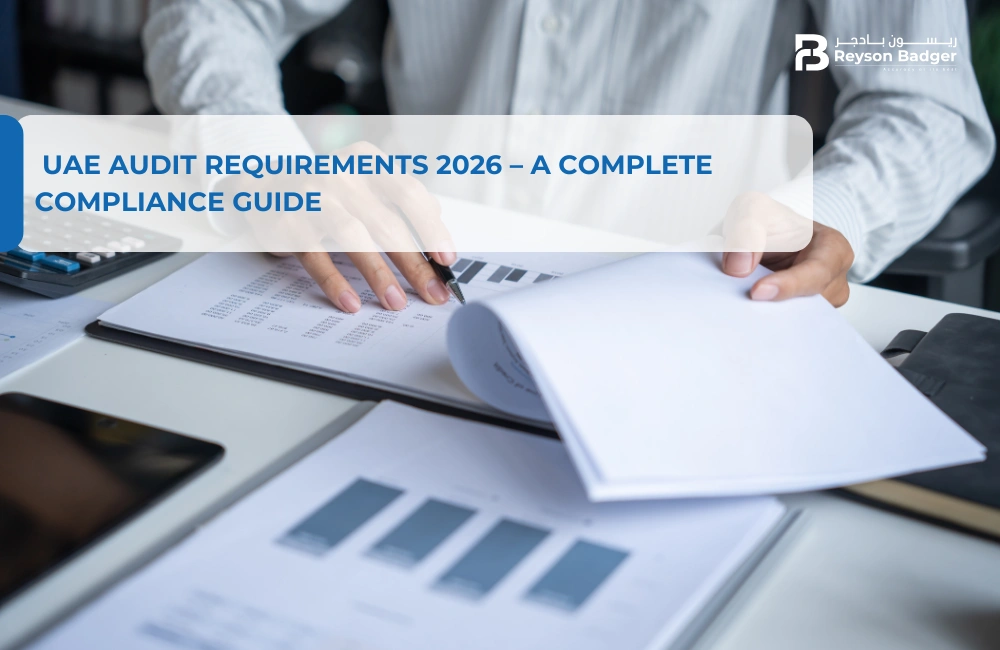Corporate tax audits form a critical part of the UAE’s compliance and enforcement framework under the Corporate Tax Law and the Tax Procedures Law. to support newly established Corporate Tax law in the UAE. Tax audits can have significant financial and compliance implications, making adequate preparation essential. The Federal Tax Authority is seriously pursuing the enforcement of tax regulations. Corporate tax audits can lead to penalties, fines, and damage to the reputation of the company if managed inadequately. Therefore, early preparation becomes essential for navigation through the laborious process of auditing. With knowledge of the audit process, proper record-keeping, and an understanding of how well-prepared they are to address vulnerabilities, a business entity can minimize the risks associated with the process and navigate through it smoothly. This article will provide a comprehensive guide to how businesses should prepare for corporate tax audits in the UAE, thus preparing them with the required know-how and expertise to succeed in such regulatory environments.
Understanding Corporate Tax Audits in the UAE
The United Arab Emirates, on June 1, 2023, introduced its first federal corporate tax, CT law under Federal Decree Law No. (47) of 2022. The very law serves to charge a tax that is at a rate of 9% above taxable income of AED 375,000. Whatever is below it gets to stay at a tax rate of 0%. Corporate tax introduced to align with global tax standards, enhance transparency, and support long-term economic sustainability. All taxable persons including UAE entities, foreign entities with a UAE presence, and qualifying natural persons must register for corporate tax.
Types of Tax Audits
There are mainly two types of tax audits performed by the Federal Tax Authority (FTA) of the UAE:
- Desk Audit: This is conducted at FTA offices. Here, auditors review the submitted documents and financial statements without visiting the business premises. Desk audits are most of the time specific in one or more areas of concern or discrepancies raised in tax filings.
- Field Audit: In a field audit, auditors visit the business premises to conduct an in-depth examination of the financial records, documents, and operations. It is a more comprehensive audit and could even involve the interviewing of employees and also detailed investigation into accounting practices.
Audit Triggers and Notification Process
The following factors can give way to a tax audit in the UAE:
- Tax Return Inconsistencies: Large disparities between income and expenses appearing on tax returns can attract an audit.
- Failure to File or Pay: In case companies have a track record of failure to file returns or make tax payments before the specified deadline, then they would be required to submit for audit.
- Simple Randomness: FTA can randomly choose some companies so that its compliance check will be comprehensive.
- When an audit is launched, FTA communicates the scope and purpose of the audit to the business through formal communication. It usually gives a time scale to prepare before an audit process commences.
Pre-Audit Preparation
Maintaining Accurate Books of Accounts
Before an audit, good business accounts will ensure that accurate and up-to-date books of accounts are maintained. This consists of the following:
- Accurate accounting records that reflect all transactions.
- Proper maintenance of records that support income and expenses.
- Regular reconciliation of accounts to avoid late discoveries in case of discrepancies.
Compliance with Tax Law and Regulation in the UAE
To avoid problems when an audit comes, businesses must review their compliance with the tax laws in the UAE from time to time. These include the following:
- Keeping abreast of changes in legislation relating to taxation.
- Getting all tax returns right and on time.
- Internal controls for continuous compliance monitoring
Identification of Potential Audit Risk
There should be self-assessment on the part of the business to identify weaknesses that would cause a problem during an audit. Common risks include:
- Inconsistent reporting habits.
- Lack of evidence supporting some transactions.
- Misclassifying expenses or income as something else.
By identifying these risks in advance, businesses can take corrective actions to mitigate possible problems.
Appointment of a Tax Audit Coordinator
A tax audit coordinator who is only for the audits will make the whole process more streamlined. In coordination with and communicating with the FTA during the audit, they should;
- Procure relevant documents and records for review.
- Coordinate responses to queries of the auditors.
Checklist for Corporate Tax Audit Preparation
Pre-Audit Preparation
Financial Statements and Supporting Documents
- Ensure that the balance sheet, income statement, and cash flow statement are up-to-date and accurate.
- Gather supporting documents such as bank statements, invoices, receipts, and contracts.
- Include reconciliations for accounts to verify the accuracy of reported figures.
Tax Returns and Payments
- Compile copies of all filed tax returns for the relevant periods.
- Verify that all tax payments have been made on time and are properly documented.
- Ensure that any outstanding tax liabilities are addressed before the audit.
Accounting Policies and Procedures
- Document the accounting policies used in preparing financial statements.
- Ensure that procedures for revenue recognition, expense categorization, and asset capitalization are clearly defined and followed.
- Review internal controls for compliance with accounting standards.
Employee and Payroll Records
- Maintain accurate payroll records, including employee contracts, payment details, and tax withholdings.
- Ensure compliance with labor laws regarding employee benefits and deductions.
- Prepare annual payroll summaries and ensure accurate employee compensation records
VAT and Excise Tax Records
- Gather all records related to VAT and excise tax filings, including VAT returns and payment receipts.
- VAT input claims must be supported by valid invoices and appropriate documentation.
- Review compliance with VAT regulations to avoid discrepancies during the audit.
Transfer Pricing Documentation
- Prepare documentation supporting transfer pricing policies if applicable, including agreements between related parties.
- Ensure compliance with local regulations regarding transfer pricing to substantiate inter-company transactions.
During the Audit
Responding to Audit Notifications
- Acknowledge receipt of audit notifications promptly.
- Designate a point of contact for communication with auditors to streamline the process.
Cooperating with Auditors
- Provide auditors with access to required documents and information without delay.
- Facilitate interviews or discussions with relevant staff members as needed.
Providing Documentation and Information
- Ensure that all requested documentation is complete, accurate, and organized for easy access by auditors.
- Be prepared to explain accounting practices or significant transactions during the audit.
Managing Audit Timelines and Deadlines
- Keep track of audit timelines set by the auditors and ensure that all responses are provided within agreed-upon deadlines.
- Regularly communicate with auditors to stay updated on progress and any additional requests.
Post-Audit Procedures
Reviewing Audit Findings and Recommendations
- Carefully analyze the audit report once received, focusing on findings, recommendations, and areas for improvement.
- Discuss findings with relevant stakeholders to understand the implications for the business.
Addressing Audit Adjustments and Penalties
- If adjustments are required based on audit findings, take immediate action to correct financial statements or practices.
- Address any penalties imposed by tax authorities promptly to avoid further complications.
Implementing Corrective Actions
- Develop a plan to implement corrective actions based on audit recommendations.
- Assign responsibilities for addressing specific issues identified during the audit.
Maintaining Audit Documentation
- Retain all documentation related to the audit process for future reference or potential follow-up audits.
- Store records securely while ensuring they are easily accessible for review or compliance purposes.
Best Practices for Achieving Tax Compliance and Audit Readiness
To achieve a state of readiness, the firm should adopt the following best practices:
- Conduct ongoing internal audits and reviews to identify and address potential weaknesses.
- Implement tax risk assessments and develop mitigation strategies to minimize exposure.
- Train employees on tax regulations and compliance, ensuring they are aware of relevant requirements.
- Continuously monitor compliance to detect and resolve issues proactively.
- Improve audit readiness and enhance compliance through the support of expert tax advisors or technology solutions.
Conclusion
Proactive preparation is essential for business readiness to face corporate tax audits in the UAE to face corporate tax audits in the UAE, and it just simply means that if businesses of all forms are well aware of what triggers an audit, maintain the right record-keeping, and address areas of potential vulnerabilities; then businesses would have fewer risks and exposures to trial and error. Best practices involve regular internal audits, tax risk assessments, employee training, and continual monitoring of compliance. No heavy penalty and reputational damage ensure corporate tax audit preparedness. Have expert tax professionals at Reyson Badger lead the way in helping you through the complexities. Call them today to safeguard your business and guarantee success at audit.
 The Federal Tax Authority (FTA) has announced that businesses must complete Corporate Tax registration within 90 days from the Date of Incorporation / MOA.
The Federal Tax Authority (FTA) has announced that businesses must complete Corporate Tax registration within 90 days from the Date of Incorporation / MOA.






